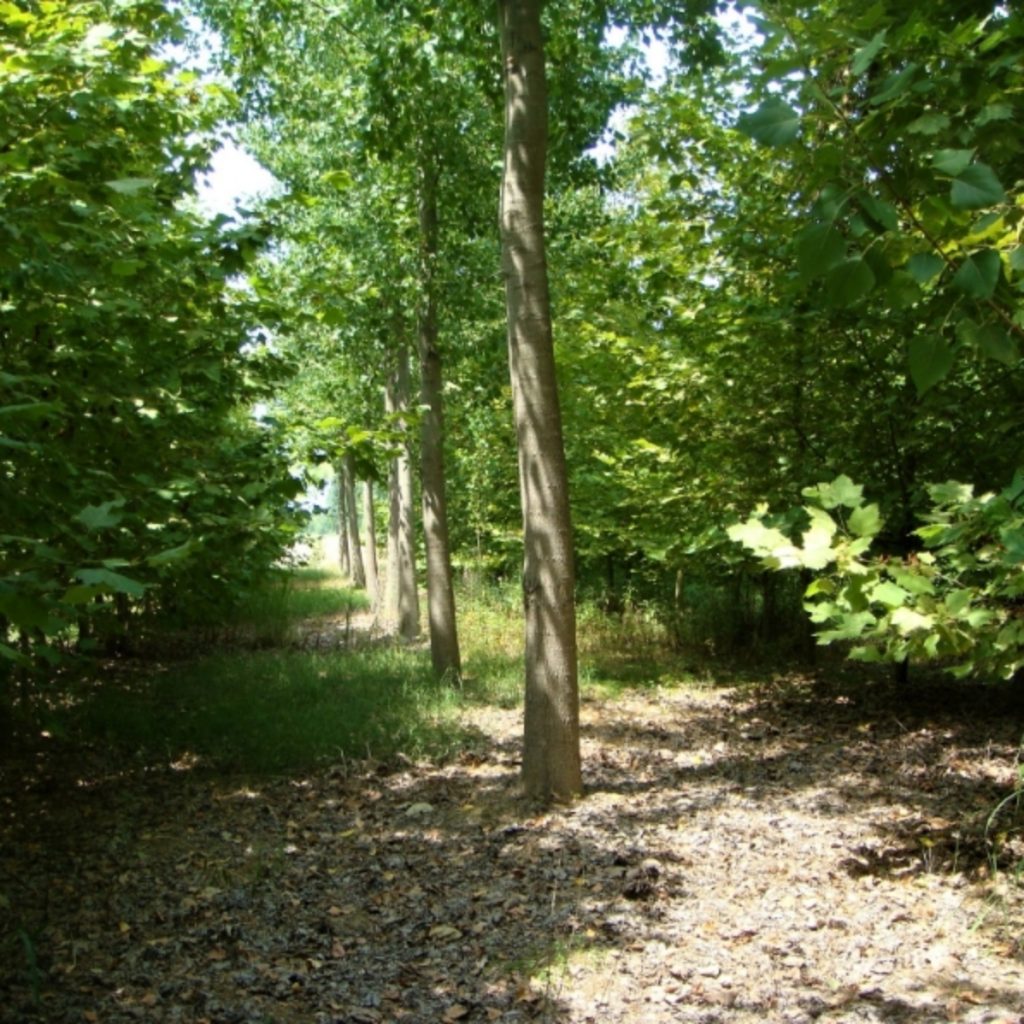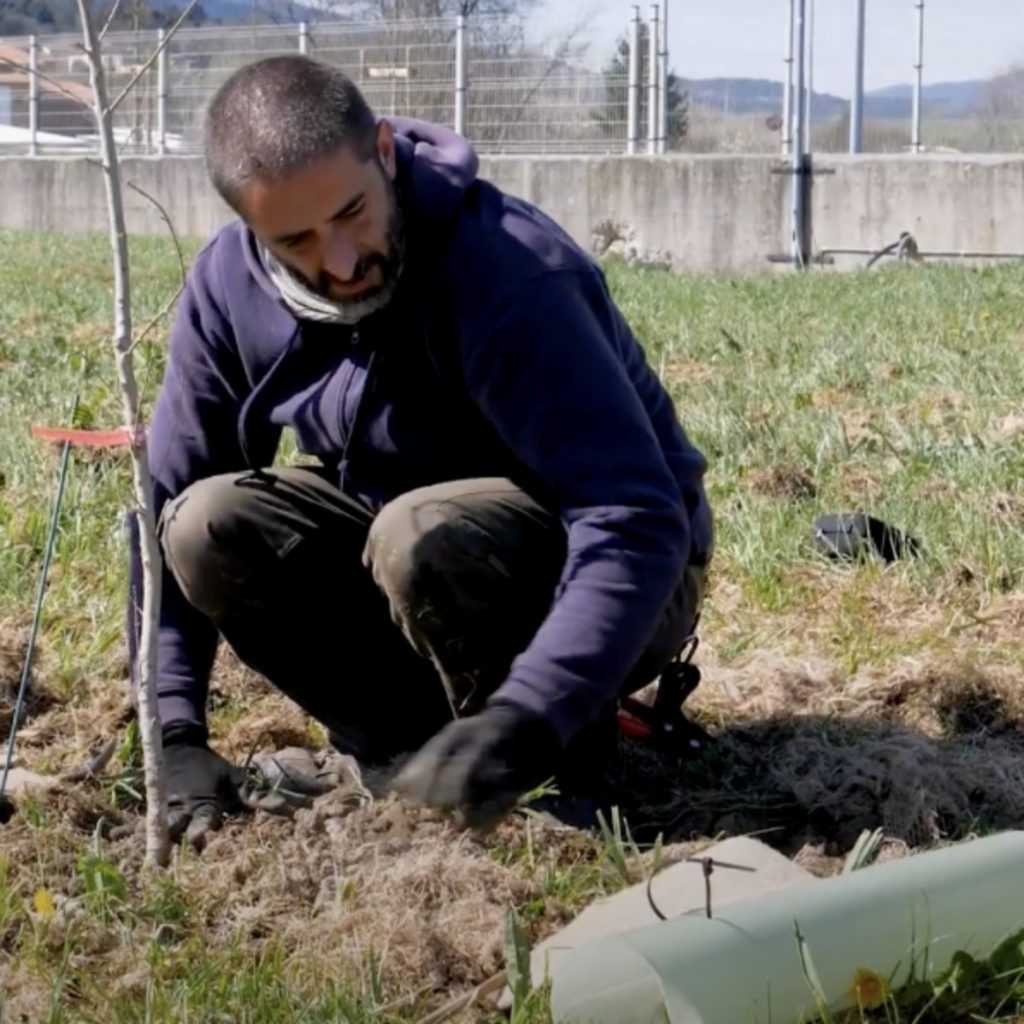Our commitment to financial sustainability reflects our awareness of the need to balance economic growth with environmental and social responsibility. We are committed to implementing corporate strategies and policies that promote resource efficiency, reduce environmental impact, and contribute to the wellbeing of the communities in which we operate. Through transparency, innovation, and collaboration with our stakeholders, we intend to pursue a sustainable path that guarantees long-term benefits for society as well as our business.
Our commitment to financial sustainability reflects our awareness of the need to balance economic growth with environmental and social responsibility. We are committed to implementing corporate strategies and policies that promote resource efficiency, reduce environmental impact, and contribute to the wellbeing of the communities in which we operate. Through transparency, innovation, and collaboration with our stakeholders, we intend to pursue a sustainable path that guarantees long-term benefits for society as well as our business.
The purpose of our company’s activity is to generate long-lasting growth by guaranteeing future generations, based on a principle of equity, the same economic, human-social, and natural capital that we enjoy today, and by keeping within the territory the maximum added value possible by effectively combining resources, in order to enhance the specificity of local products and services.

In the area of Badia Pozzeveri, not far from our production hub in Capannori, we set up a series of continuous cycle plantations where trees and shrubs with different growth and cutting patterns coexist. They are constantly replanted after cutting, or grow back autonomously from shoots, thus guaranteeing constant natural coverage over time. From the eco-environmental standpoint, polycycle plantations requalify a flat area that used to have only residual agricultural value, improving the local habitat, regulating the absorption of rainwater, and conserving carbon stock in the soil.
Natural polycyclic plantations are usually composed of an alternation of:
This varied composition ensures that the different species are cut at different times, allowing any intervention to have a modest impact on the landscape and on the habitats created. Furthermore, the limited agricultural practices required by this management approach allow for preservation of the carbon stock in the soil, and avoid further aggravating global warming due to the massive repetition of tree cutting and replanting.
This type of planning and management of the woods – which includes the permanence of at least 30-40% of the trees after each cutting cycle – allows us to pair different productive species (namely those providing firewood, structural or construction timber, and wood for the production of cellulose) with the logic of permanent topsoil coverage and biodiversity protection.
The wood management method created by polycyclic plantations entails multiple benefits: productive, visual, bio-ecological benefits in terms of habitats for animal species (protecting local biodiversity), regulation of rainwater, and conservation of carbon stock in soil. All thanks to the limited cutting practices (and the permanence of a large part of the woods), which however supply local production chains, including those dedicated to poplar wood and to cellulose production for paper manufacturing.

The Cartiere Carrara Group celebrates 150 years of history.

The initiative was born in collaboration with Rete Clima, and consists of a 1-kilometre linear forestation project along the southern section of the A11 motorway between the exits of Lucca Est and Capannori, which runs along the company’s plants.
Trees and shrubs were planted on land that used to be bare, and a typical Tuscan forest was reconstituted to replace an existing, neo-formed woodland that had been of limited value for the forest and wider ecosystem. The area was repopulated with autochthonous species of trees and shrubs, reviving a forest type historically present in the Tuscan area but now significantly reduced due to agricultural activities and industrial sites that have developed on the land over time. This type of “linear plantation” is an innovative strategy for the area, intended to have a protective function and to mitigate local environmental impacts. Kilometroverde® Lucca will take on a triple function over time: physical and visual separation barrier between land and motorway; woodland (a true and proper green lung) able to capture the particulate pollutants produced by vehicular traffic (the well-known PM); and concrete tool for a strategy to develop natural continuity with existing sections of woods.
The positive impact of this intervention is not limited to the local territory: like all new forestation initiatives, Kilometroverde® – Lucca will allow us to increase the total absorption of CO2 and contribute to mitigating the effects of global warming.
Kilometroverde® – Lucca will be certified according to the PEFC standard for Sustainable Forest Management. .